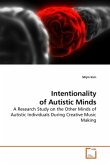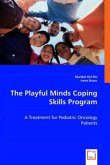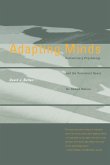A large amount of research suggests that aggressive children differ from their non-aggressive peers in the way they process social information in conflict situations. Using Crick & Dodge's (1994) Social Information Processing following Provocation Model as a theoretical framework, this investigation was undertaken to explore adults' social information processing under the influence of verbal and physical provocation (e.g. taunting, being hit with a stick) as well as assessing how specific subcategories of aggressive behaviour (hostile and instrumental aggression) relate to different stages in this model. The results of this investigation provide support for the presence of a relationship of social information processing with dispositional anger and aggressive behaviour as well as negative affect as a result of provocation in samples of adults. The authors conclude by discussing theoretical and treatment related implications of the findings, noting the limitations of the investigation and making suggestions for future research.
Bitte wählen Sie Ihr Anliegen aus.
Rechnungen
Retourenschein anfordern
Bestellstatus
Storno








